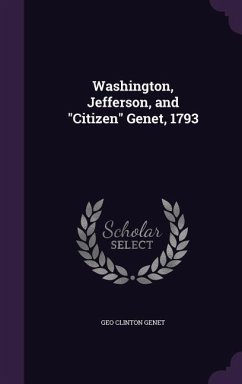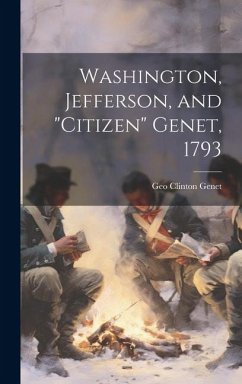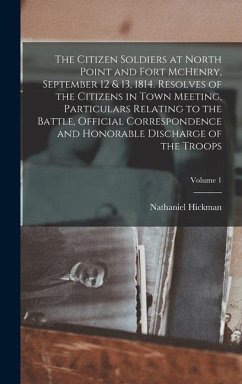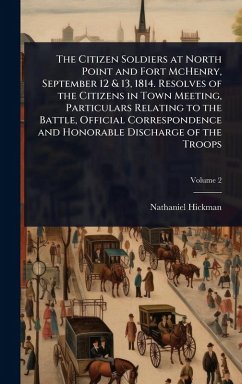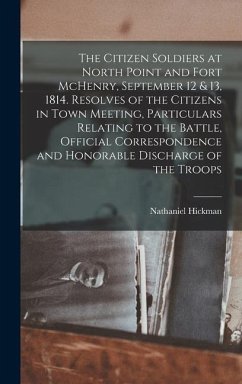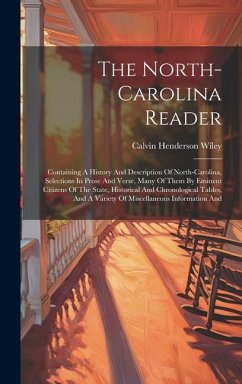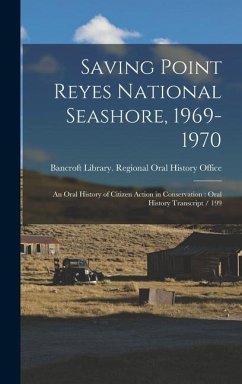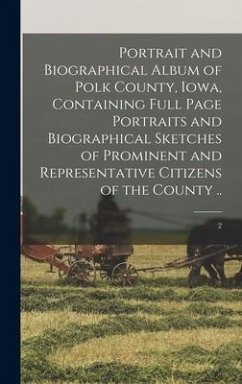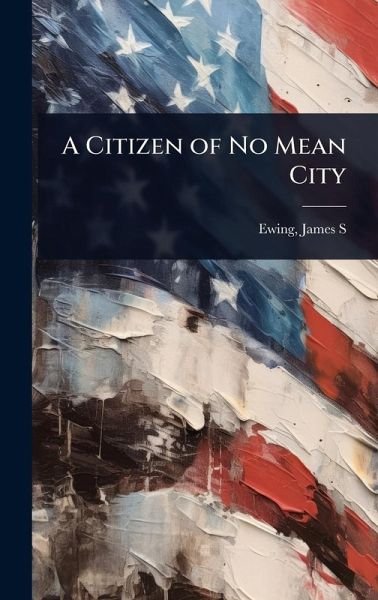
A Citizen of No Mean City
Versandkostenfrei!
Versandfertig in über 4 Wochen
26,99 €
inkl. MwSt.
Weitere Ausgaben:

PAYBACK Punkte
13 °P sammeln!
âA Citizen of No Mean Cityâ is an address by James S. Ewing, likely delivered around 1900, reflecting on the ideals of civic responsibility and urban development. Ewing emphasizes the importance of citizens actively participating in the betterment of their communities. The work likely discusses the challenges and opportunities presented by rapid urbanization during the late 19th century in the United States. Ewing's address serves as a historical snapshot of the Progressive Era, highlighting the era's focus on social reform and civic engagement. This short work offers insights into the value...
âA Citizen of No Mean Cityâ is an address by James S. Ewing, likely delivered around 1900, reflecting on the ideals of civic responsibility and urban development. Ewing emphasizes the importance of citizens actively participating in the betterment of their communities. The work likely discusses the challenges and opportunities presented by rapid urbanization during the late 19th century in the United States. Ewing's address serves as a historical snapshot of the Progressive Era, highlighting the era's focus on social reform and civic engagement. This short work offers insights into the values and aspirations of a bygone era, providing a valuable historical perspective on urban planning and the role of the individual in shaping society. This work has been selected by scholars as being culturally important, and is part of the knowledge base of civilization as we know it. This work was reproduced from the original artifact, and remains as true to the original work as possible. Therefore, you will see the original copyright references, library stamps (as most of these works have been housed in our most important libraries around the world), and other notations in the work. This work is in the public domain in the United States of America, and possibly other nations. Within the United States, you may freely copy and distribute this work, as no entity (individual or corporate) has a copyright on the body of the work. As a reproduction of a historical artifact, this work may contain missing or blurred pages, poor pictures, errant marks, etc. Scholars believe, and we concur, that this work is important enough to be preserved, reproduced, and made generally available to the public. We appreciate your support of the preservation process, and thank you for being an important part of keeping this knowledge alive and relevant.



